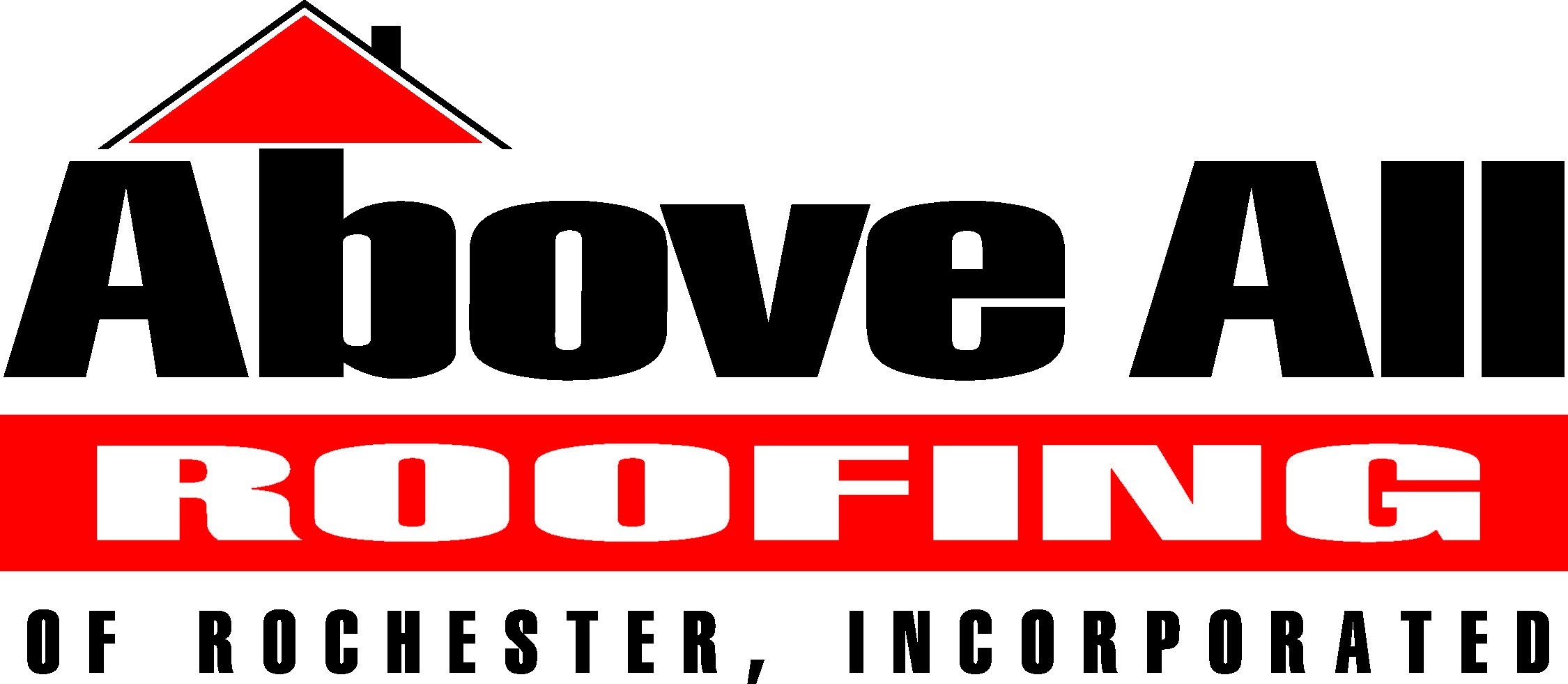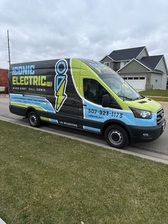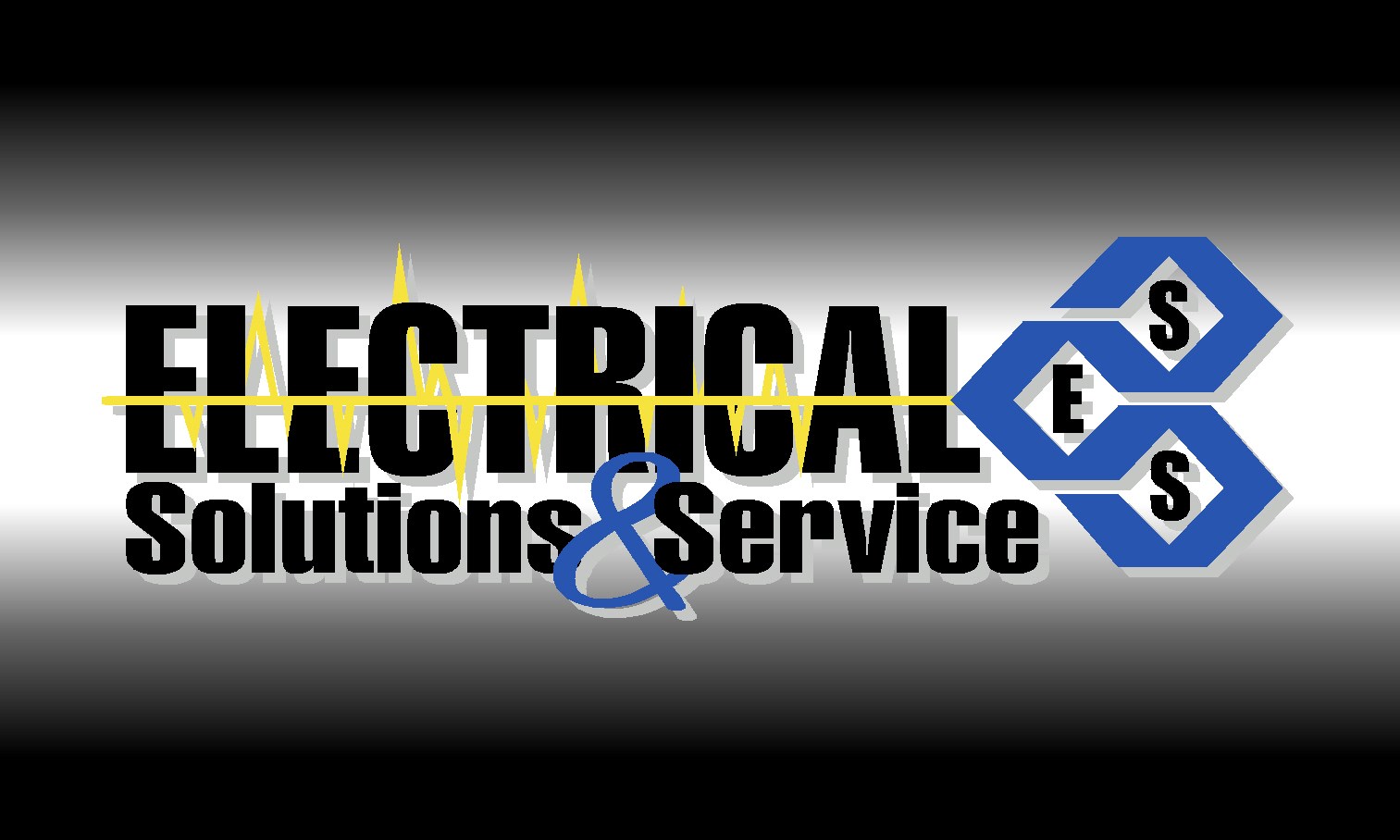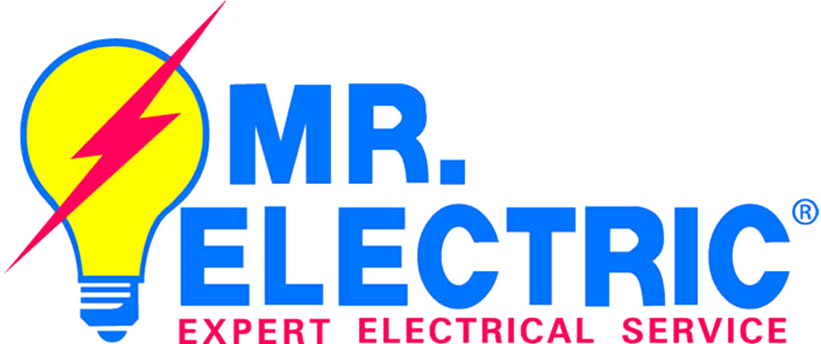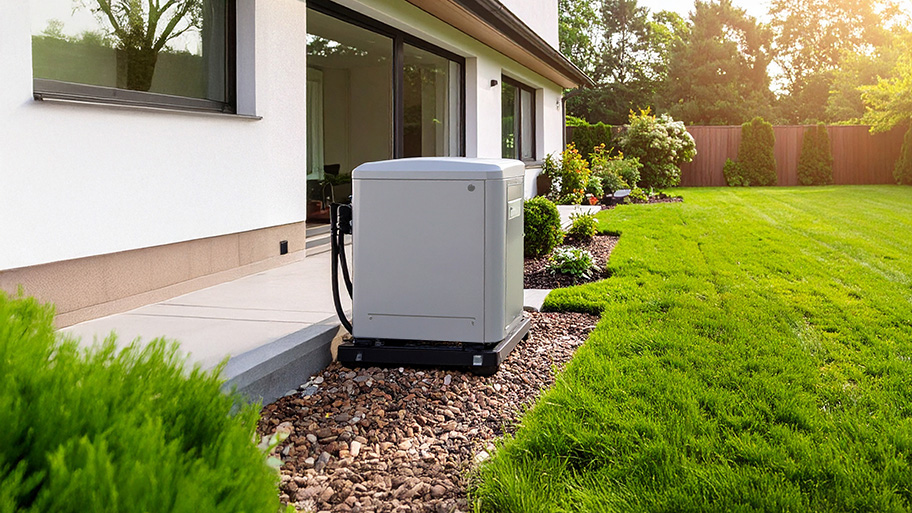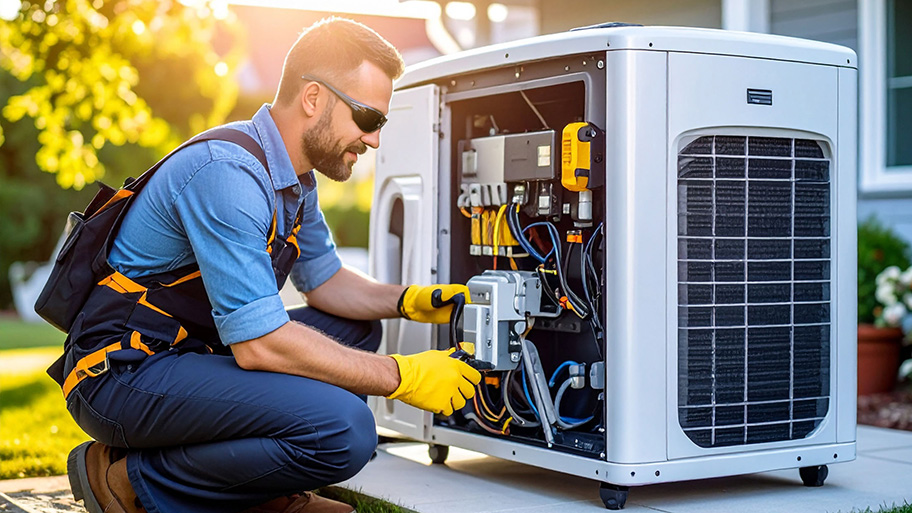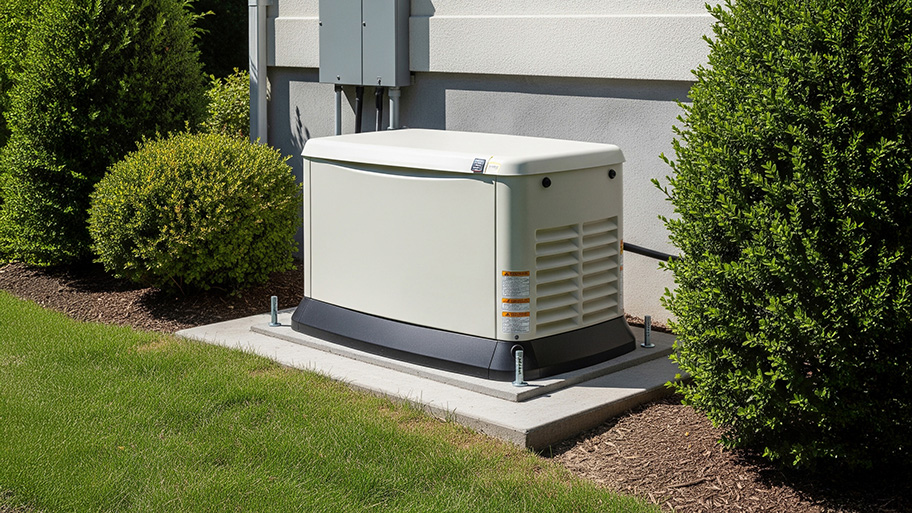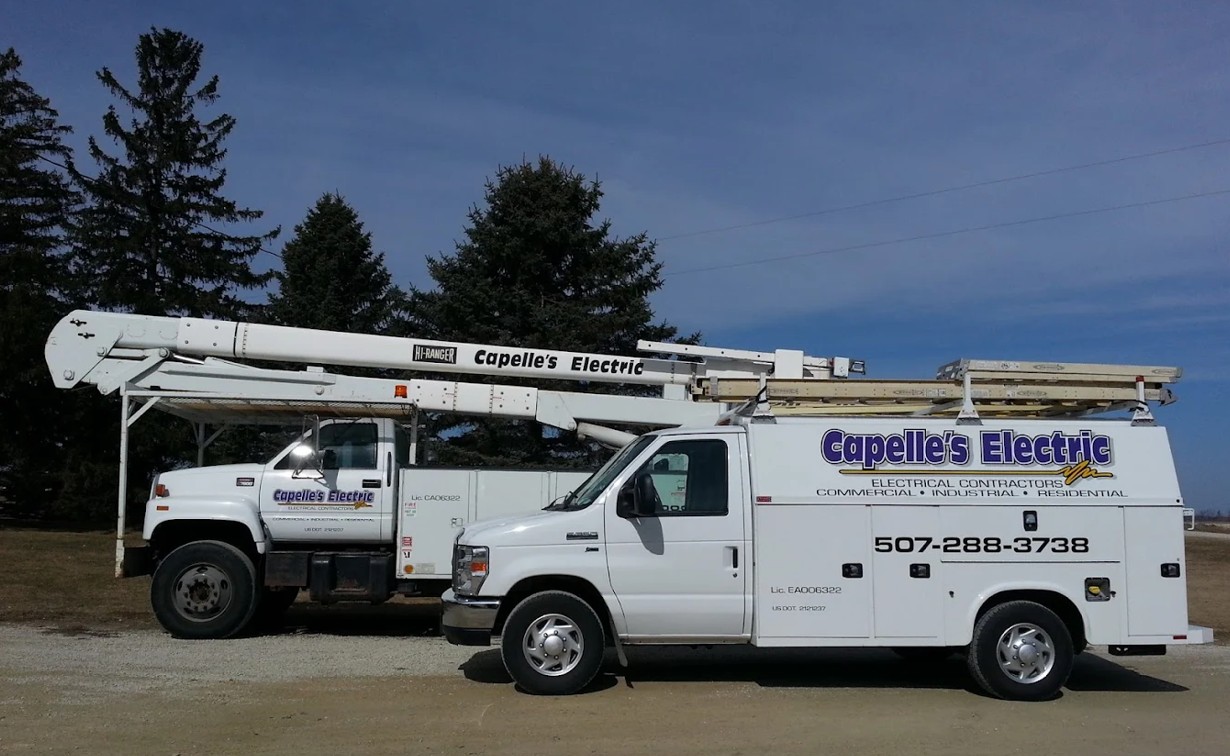
Capelles Electric
Capelles Electric
Electrical service and repair, Remodeling, Commercial and Residential Trouble Shooting, Older home rewiring, and new homes Bucket Truck, Parking lot lighting and sign repair Under ground trenching, TV, Phone , and Data
"Fantastic work! I was very impressed with the quality of work, the speed at which the job was accomplished and the knowledge and flexibility of the electrician. Price was very fair."
Theresa H on September 2020
Electrical service and repair, Remodeling, Commercial and Residential Trouble Shooting, Older home rewiring, and new homes Bucket Truck, Parking lot lighting and sign repair Under ground trenching, TV, Phone , and Data
"Fantastic work! I was very impressed with the quality of work, the speed at which the job was accomplished and the knowledge and flexibility of the electrician. Price was very fair."
Theresa H on September 2020

